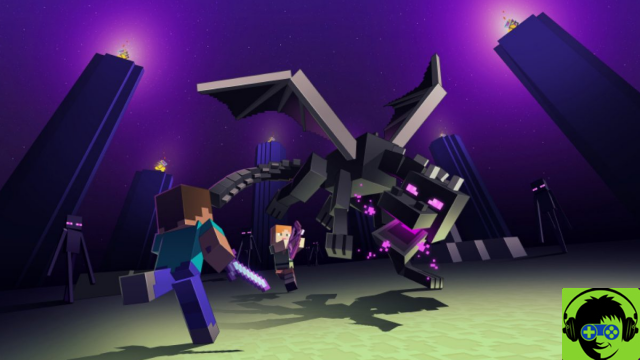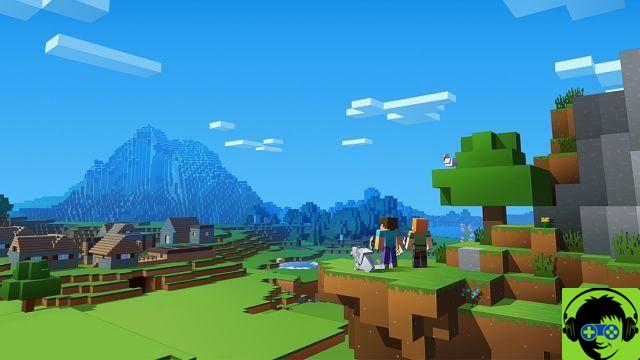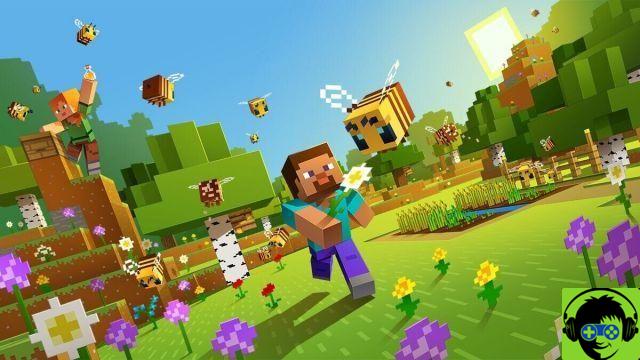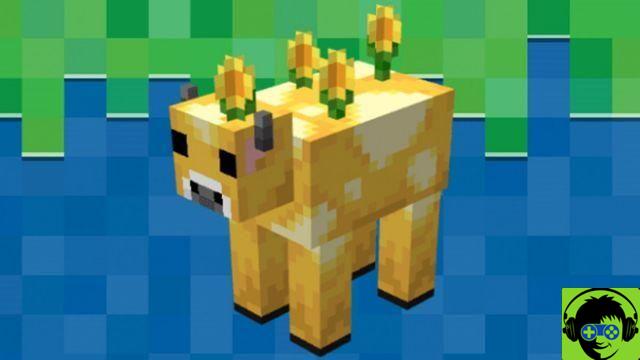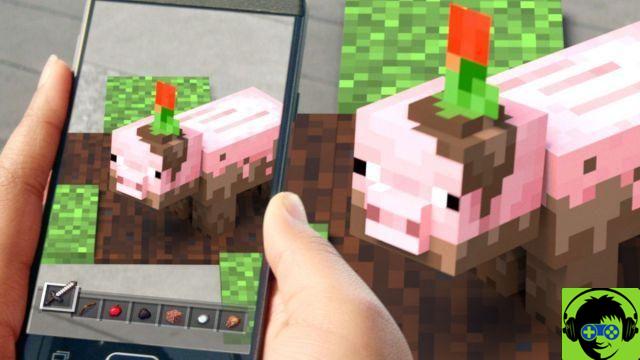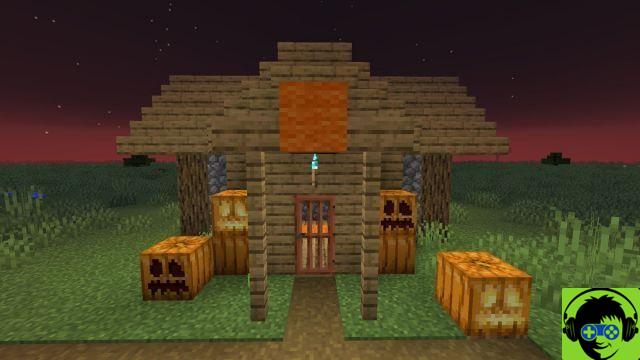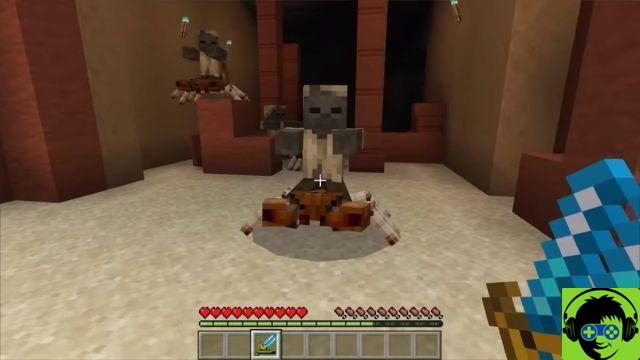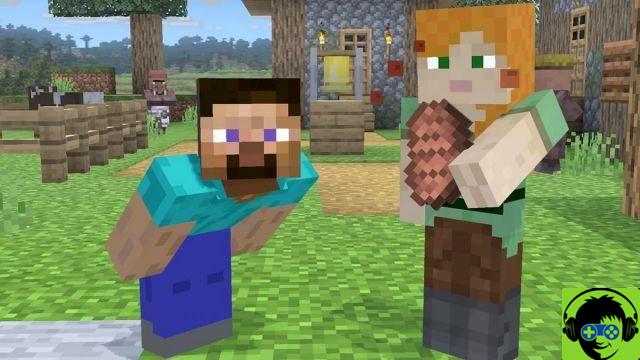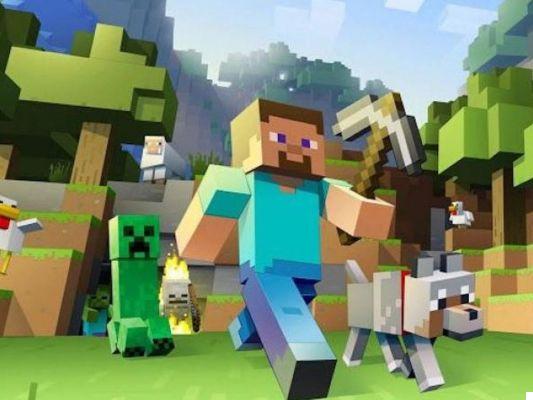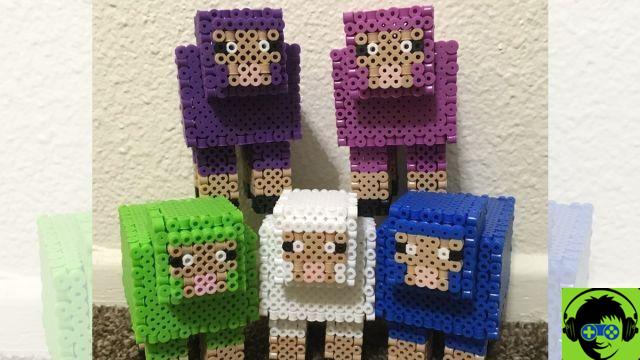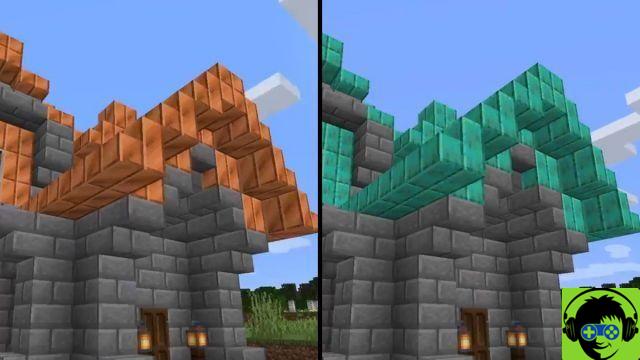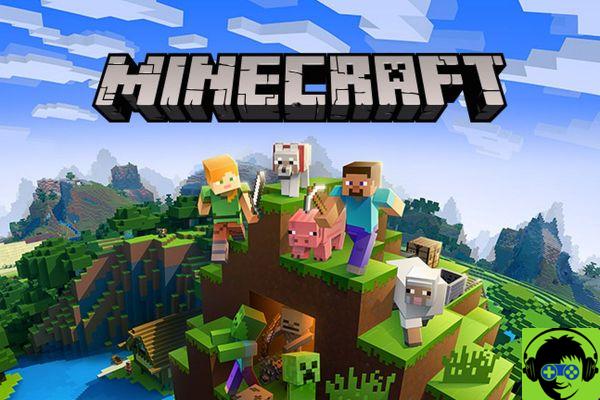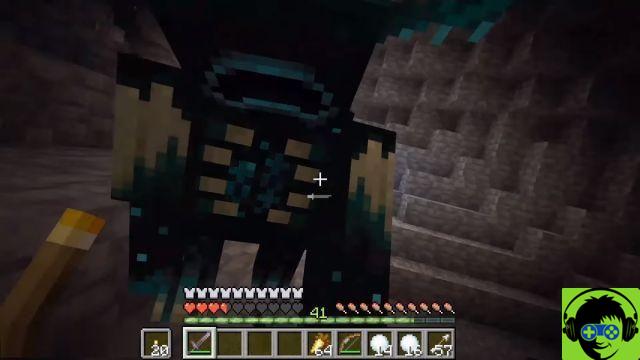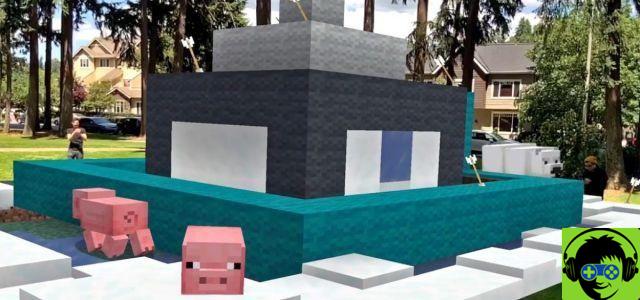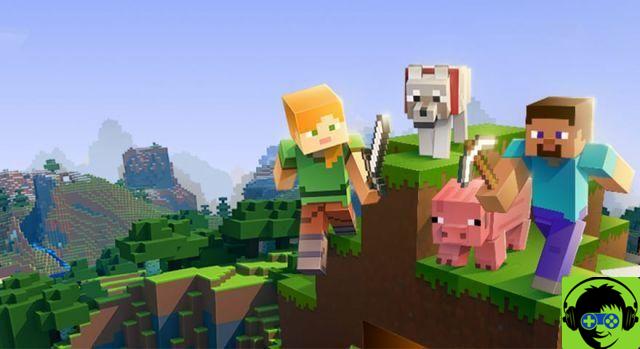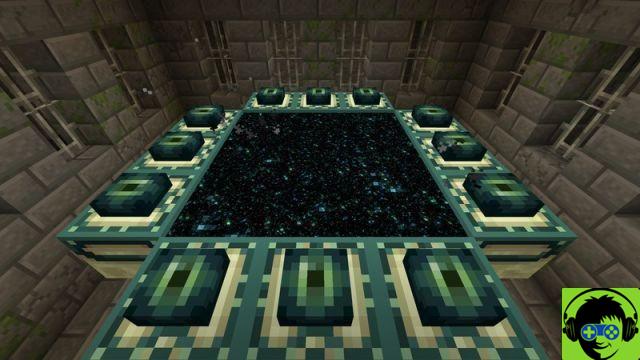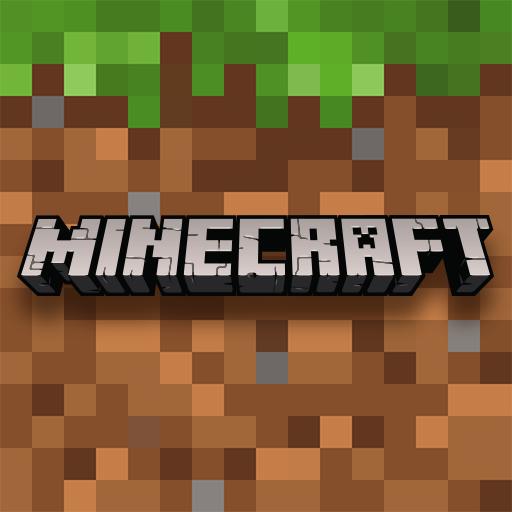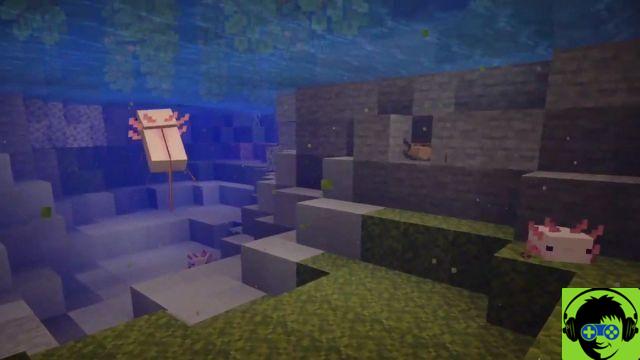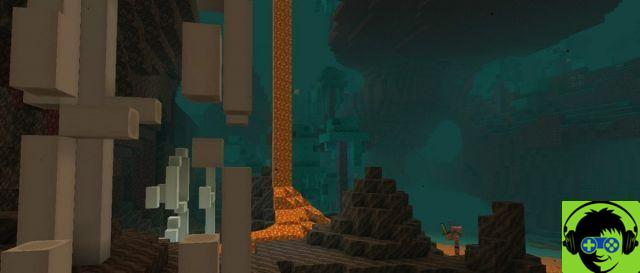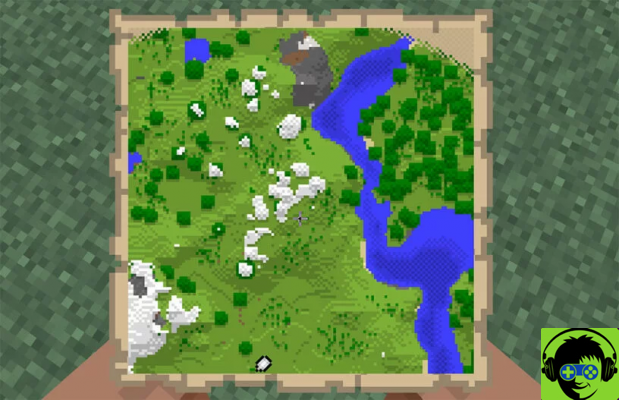
Minecraft can be considered one of the biggest open world video games out there. Since it's procedurally generated, there's almost no limit to what players can explore in a single world. However, while it is fun for exploration and adventure, it is also dangerous, as it is extremely easy to get lost in the many biomes. That's why it's always a good idea to take a map with you. That's why we'll show you how to make Minecraft.
Make the materials needed for a map
Creating a map in Minecraft is pretty straightforward. All you need are two ingredients, some paper and a compass. Although these two elements are not only found in the world by themselves. You need to craft them before you can start on your map.
For starters, paper is the most important ingredient, as you'll need eight of them to make a card. To make paper, you need to find nine candy cane stems, which can be located directly next to most bodies of water. Look for rivers specifically if you want to find large quantities.
Once you have nine candy cane stems, simply place three in a crafting table and you will receive three sheets of paper. Repeat this process two more times and you will have your required eight sheets of paper.
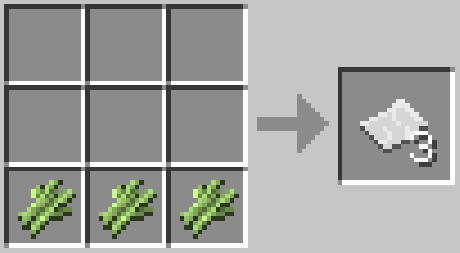
 Image via Minecraft Wiki.
Image via Minecraft Wiki.Next, we need a compass, which is a bit more expensive to make. First, you will need four Iron Ingots, which can be smelted using iron ore and a furnace. Once you have some, it's time to collect a piece of redstone dust. Going into a cave while exploring level five should net you some redstone blocks fairly quickly. If you managed to acquire these materials, paste them in a crafting table and you have your compass.
 Image via Minecraft Wiki.
Image via Minecraft Wiki.Now is the time for the card itself. Using your eight sheets of paper and a compass, arrange them in a craft table like the example below. If you did it correctly, you will receive a card!
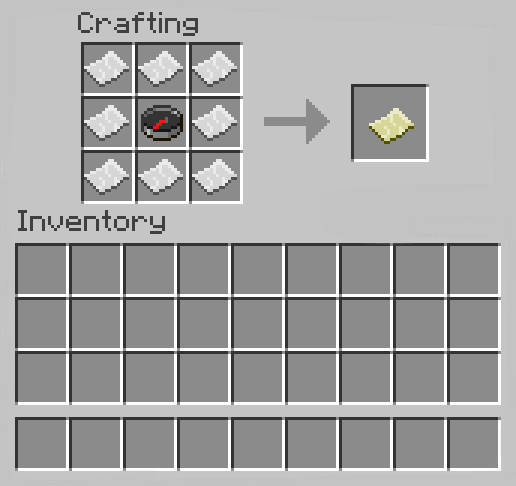 Image via Minecraft Wiki.
Image via Minecraft Wiki.Of course, if this is the first time you open your card, it will be empty. You will have to travel the world to fill the map with the landscape and the different biomes.




